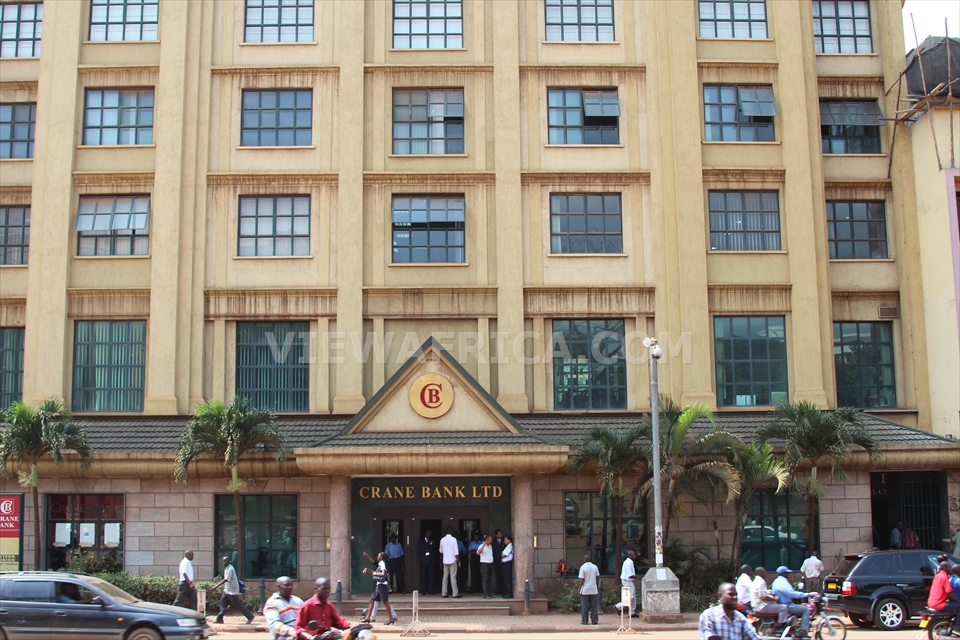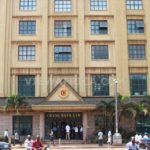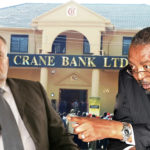The Development Finance Company of Uganda (DFCU), one of the biggest financial institutions in Uganda is owned by a consortium of 10 investors, the majority shareholder being Arise BV with 58.71 percent shares.
Rabo Development from the Netherlands and NorFinance from Norway are shareholders in Arise B.V together with Norfund, a Norwegian government owned Private Equity firm and FMO, the Dutch Development Bank.
Notable shareholders include the Commonwealth Development Corporation, a British government-owned company, the third biggest shareholder with 9.97 percent shares and the National Social Security Fund (NSSF), the fourth biggest shareholder, with 7.69 percent shareholding.
Other shareholders include 4 Kimberlite Frontier Africa Naster Fund 6.15%; two undisclosed Institutional Investors 3.22 %; SSB-Conrad N. Hilton Foundation 0.98%; Vanderbilt University 0.87%; Blakeney Management 0.63%; Bank of Uganda Staff Retirement Benefits Scheme 0.59% and other retail investors with11.19% shares.
Early last year the DFCU came to the spotlight after it emerged that it had acquired the biggest indigenous bank, the Crane Bank, reportedly under unclear circumstances.
At the time the Crane Bank shareholders were contesting the acquisition of their bank, calling on Bank of Uganda to allow them recover ‘bad loans’ by disposing off the collateral reportedly in excess of Shs600 billion.
And last week, in a three-part series the EagleOnline published the story of how the Bank of Uganda (BoU) and DFCU officials reportedly connived against the Crane Bank Limited and swept a whopping Shs600 billion under the carpet for their own benefit, at no corresponding cost.
In a 4-page leaked document dubbed: ‘The major contentious issues with the Purchase of Assets and Assumption of Liabilities Agreement entered into between Bank of Uganda and DFCU Bank Limited dated 25th of January 2027’, the shareholders of Crane Bank said that when the BoU was taking over their bank, it classified a set of loans of about Shs600bn as ‘non-performing loans’ and subsequently removed them from the list of assets of the CBL balance sheet.
The document containing the said details was reportedly signed by among others the Governor Professor Emmanuel Tumusiime Mutebile, on behalf of BoU and Juma Kisaame and William Sekabembe, Managing Director and Executive Director respectively, on behalf of DFCU Bank.
By press time today, it was not possible to get the CBL sale agreement between BoU and DFCU Bank, but according to the shareholders, among them tycoon businessman Sudhir Ruparelia, the officials of the two financial institutions endorsed a fraudulent transaction in which they (shareholders) also lost capital of Shs350 billion (as payment for the loans), as a result.
‘By this arrangement, these non-performing (loans) were no longer the property of CBL, but belonged to the shareholders who had paid for them with their capital contributions,’ the shareholders wrote, adding that they also had to part with about Shs85 billion, reportedly paid to the BoU in three installments of US$8m, US$7.5m and US$8m.
Further, the shareholders point a particular finger at Justine Bagyenda, the immediate former Director Bank Supervision, for being responsible for the mess in which DFCU would later reportedly account for the loans, albeit fraudulently.
‘Justine Bagyenda of Bank of Uganda then gave permission to secretly account for these bad loans on a secret basis outside the official books of DFCU! How can a regulator allow a bank to have secret side books of account?’ they wondered, but not before saying that officials involved in the sale were acting with fraudulent intent.
‘Bank of Uganda did this knowing that although these non-performing loans were classified as worthless for accounting purposes, they were fully secured by valuable securities and a large portion of them were collectable,’ the shareholders wrote.
The shareholders further impute that BoU and DFCU officials shared the spoils accruing from the loans, for which they had already paid over Shs400 billion.
‘Bank of Uganda officials therefore secretly entered into a side accounting arrangement with DFCU bank to collect from these loans and secretly account for and share proceeds of these collections amongst DFCU and BoU officials’, the shareholders charged.
The ongoing Crane Bank, BoU and DFCU standoff in which millions of dollars are being spent in litigation costs is the biggest post-Independence financial saga, and has so far drawn ‘fast blood’ between the BoU Governor Professor Emmanuel Tumusiime Mutebile, Justine Bagyenda, the former Executive Director of Bank Supervision and the Inspector General of Government Justice Irene Mulyagonja Kakooza.








